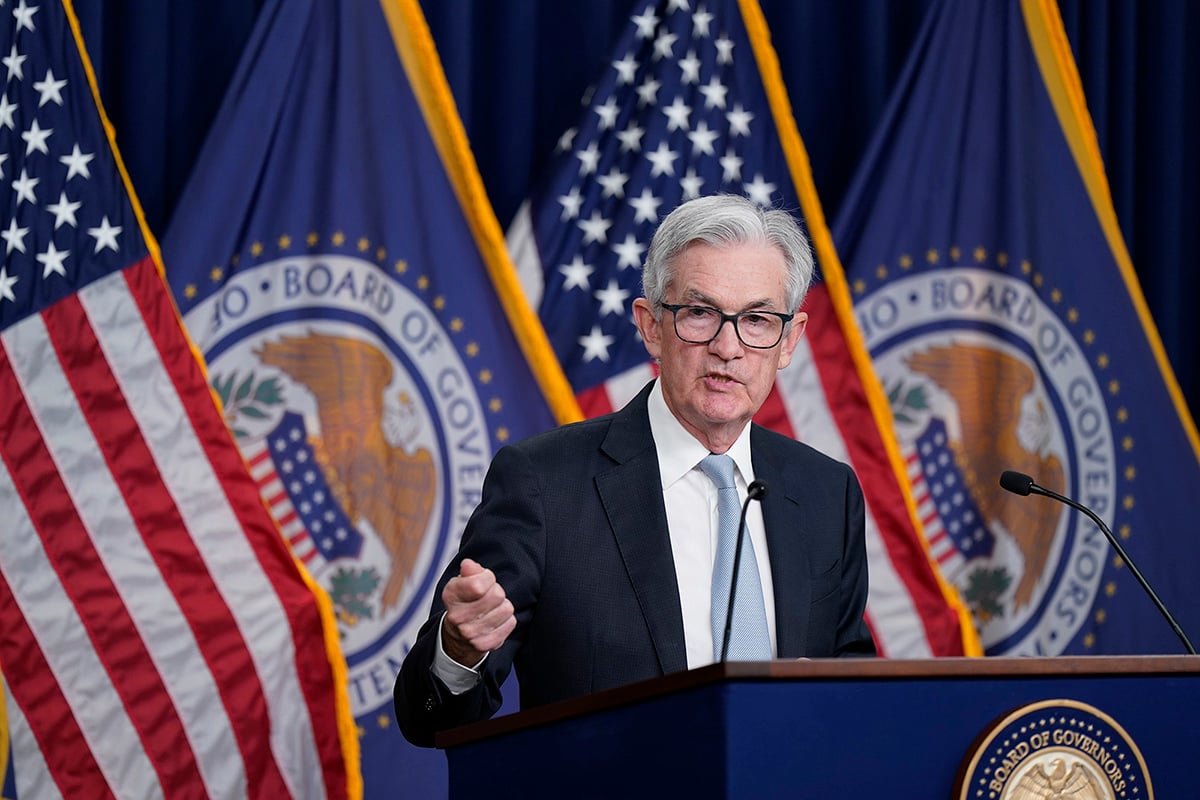A news report that the European Union and other U.S. tradingpartners are preparing to challenge House leaders' proposal tooverhaul U.S. corporate taxes spurred the plan's leadingcongressional advocate to declare that it would survive “anychallenge that they bring.”
|Rep. Kevin Brady, the Texas Republican who chairs thetax-writing House Ways and Means Committee, said he fully expectsother nations to challenge the proposal for a “border adjusted”tax. That plan, which is also supported by House Speaker Paul Ryan,calls for taxing U.S. companies' domestic sales and imports, whileexempting their exports.
|“We expect other countries to challenge this provision,” Bradysaid Monday. “Because they have a pretty sweet deal right now.”
|Brady and Ryan say that the U.S. is disadvantaged by its currentcorporate income tax. Other countries, which levy value-addedtaxes, can make border adjustments that tax imports while leavingtheir own exports untaxed.
|“As a result, today made-in-America products are at a taxdisadvantage here in America and abroad as well,” Brady toldreporters.
|The concept that Ryan and Brady propose for a newborder-adjusted tax in the U.S. has generated stiff resistanceamong retailers, oil refiners and other industries that rely onimported goods or materials. It's unclear whether President DonaldTrump, who has promised to release an outline of his own taxproposals within weeks, supports their plan.
Senate Questions
Senator Orrin Hatch, the Utah Republican who chairs the SenateFinance Committee, told Bloomberg Television on Monday that he hasquestions about the border-adjusted proposal.
|Meanwhile, the Financial Times reported Monday that the EU andother U.S. trading partners were preparing for a possible legalchallenge to the plan, arguing that it would disadvantage theirexports. Any such challenge could result in the largest ever casebefore the World Trade Organization, said Chad Bown, a seniorfellow and trade specialist at the Peterson Institute forInternational Economics.
|If the U.S. lost, “all U.S. trading partners could retaliate tothe tune of $385 billion, according to prior WTO calculations,”Bown said. “The biggest WTO dispute on record is $4 billion. Thiscase is potentially 100 times bigger.”
|A key issue involves WTO rules for border adjustments —they're permitted for consumption-based taxes, but not incometaxes. Ryan and Brady say their plan, which would be the first ofits kind globally, moves the U.S. closer to a consumption base.
|The House leaders' proposal would scrap the corporate income tax— which is levied at a 35% rate on companies' global income. They'dreplace it with the border-adjusted tax at a 20% rate that wouldapply to domestic sales and imports. The plan would also eliminatesome deductions — with an eye toward focusing on companies'cash-flow instead of income. Critics say that because the planfunctionally replaces the U.S. corporate tax and allows U.S.companies to deduct their domestic labor costs, it would violateWTO rules.
|“This will be written in a way that's WTO-consistent andcompliant,” Brady said Monday. “And we will prevail in anychallenge that they bring.”
|From: Bloomberg News
|Copyright 2018 Bloomberg. All rightsreserved. This material may not be published, broadcast, rewritten,or redistributed.
Complete your profile to continue reading and get FREE access to Treasury & Risk, part of your ALM digital membership.
Your access to unlimited Treasury & Risk content isn’t changing.
Once you are an ALM digital member, you’ll receive:
- Critical Treasury & Risk information including in-depth analysis of treasury and finance best practices, case studies with corporate innovators, informative newsletters, educational webcasts and videos, and resources from industry leaders.
- Exclusive discounts on ALM and Treasury & Risk events.
- Access to other award-winning ALM websites including PropertyCasualty360.com and Law.com.
*May exclude premium content
Already have an account? Sign In
© 2024 ALM Global, LLC, All Rights Reserved. Request academic re-use from www.copyright.com. All other uses, submit a request to [email protected]. For more information visit Asset & Logo Licensing.






